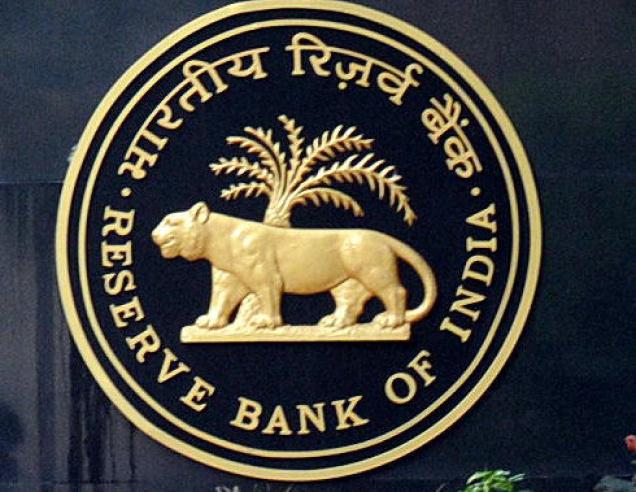Despite RBI tightening the noose around shadow banks with stricter rules, little has been done to tackle the complex problem of unregulated, “chit” or small investment funds that serve hundreds of millions of villagers and small businesses.
According to analysts there is more to be done to handle the roughly 18,000 collective investment funds raising money from small investors, often by promising exaggerated returns.
The funds pouring in are supervised legally through states, but fail to garner attention by the country’s under-resourced regulators. Meanwhile, both the Reserve Bank of India (RBI) and the government are grappling with the practicalities of the problem, and neither has indicated how they will tackle it.
Little data exists on how much money these funds have raised from investors, but it adds up. A fund run by media conglomerate Saradha Group in West Bengal state went bust last year, wiping out as much as USD 3.7 billion in deposits.
The problem is accentuated as large banks are reluctant to push into less profitable areas, leaving 41 percent of households in India without bank accounts and an easy target for chit funds.
“With newer scams coming up, it requires a combined regulator approach and ideas,” said Mangesh Kulkarni, analyst at brokerage Almondz Global Securities. “The government needs to take more steps, to decide which entity needs to come under which regulator. I don’t think RBI can take a call on its own.”
Rules unveiled on Monday by India’s central bank, demanding more reserves and tougher rules on loans, cover the roughly 12,000 non-banking finance companies (NBFCs) that are registered with the RBI.
These NBFCs play a key role in extending banking and credit to areas that traditional finance cannot reach. But operating alongside these are about 18,000 funds that are far less regulated.
“We need a special intelligence collection team consisting of bankers and skilled professionals who can gather information, identify problems in financial schemes,” said Arvind Srivastava, secretary in the budget and resources division with the southern state of Karnataka.
“Increased banking coverage where people do not have access to banks would help,” he added.
Meanwhile, a policy maker with direct knowledge of the RBI’s policymaking discussions said the central bank governor, , was debating the role the central bank could take in regulating NBFCs not already registered with it.
“Rajan is apprehensive,” he said. “We need more market intelligence and greater co-ordination with other regulators.”
Elets The Banking and Finance Post Magazine has carved out a niche for itself in the crowded market with exclusive & unique content. Get in-depth insights on trend-setting innovations & transformation in the BFSI sector. Best offers for Print + Digital issues! Subscribe here➔ www.eletsonline.com/subscription/























